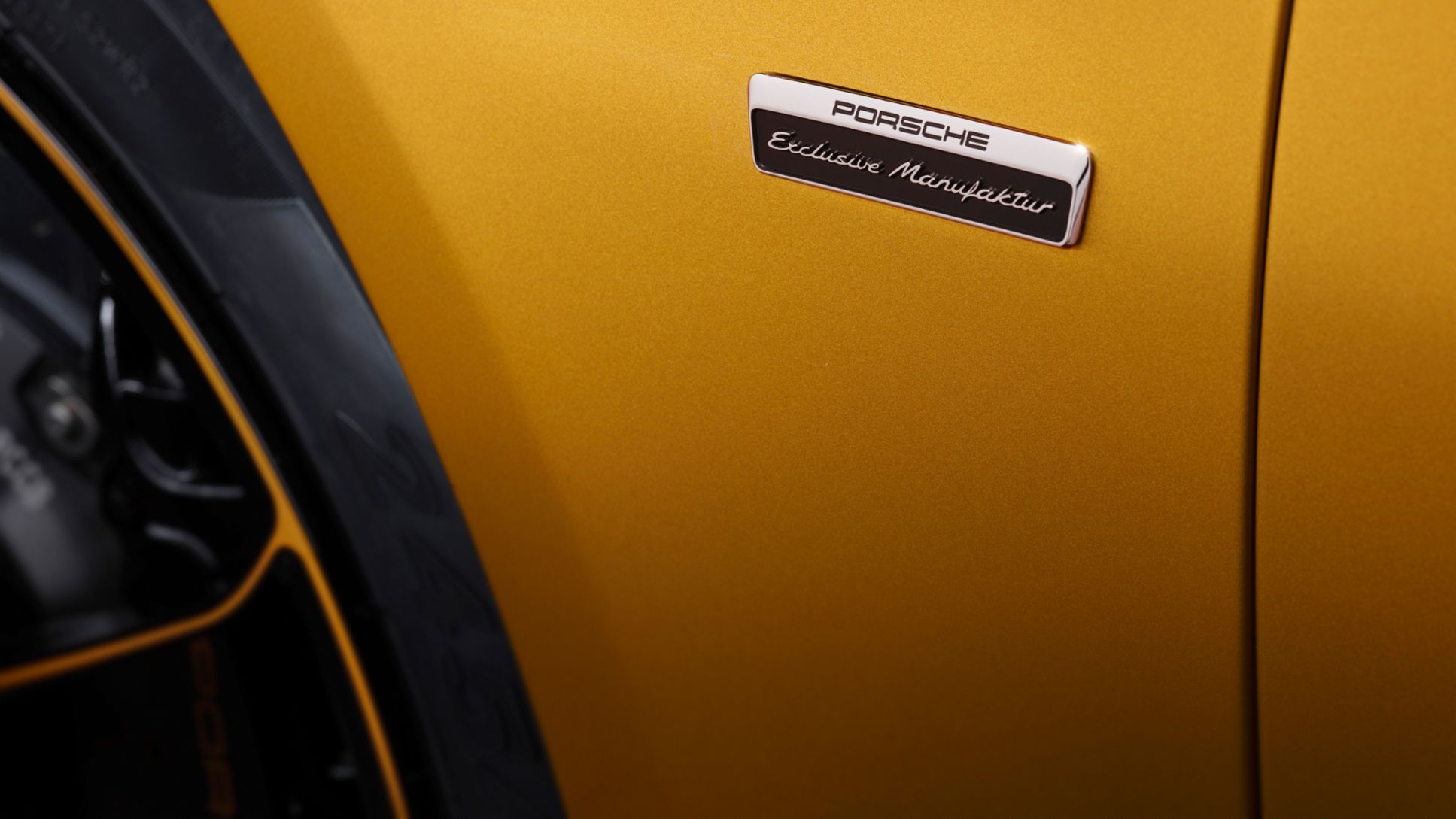In the first half of 2017 revenue increased by eight per cent to 11.8 billion euro. The company’s profit margin came to 18.1 per cent (prior half-year: 16.8 per cent), while the number of deliveries rose by seven per cent to 126,497 vehicles. The company’s workforce increased by twelve per cent to 29,280 employees.
Chairman of the Executive Board of Porsche AG, Oliver Blume, says: “The priority of Porsche is to have thrilled customers and secure, sustainable jobs. Strong financial results create a solid foundation for the future. Porsche counts on puristic and passionate sports cars – this currently includes the new 911 GTS, the 911 GT3, the 911 Turbo S Exclusive and the 911 GT2 RS – as well as on future technologies such as plug-in hybrids and pure electric mobility.”
Porsche is investing one billion euro in the Mission E
Lutz Meschke, Deputy Chairman of the Executive Board and Member of the Executive Board for Finance and IT at Porsche AG, stresses that a long-term currency hedging strategy and efficient organisation with a further optimised cost structure underpins the trend of positive results. However, he speculates that the extremely high result from the first half of the year may well be difficult to sustain in the future. Meschke: “We will only see a return on our sizeable investment for the development of Porsche's first purely electric sports car and the expansion of production at the Zuffenhausen site once the Mission E goes on sale at the end of the decade.” Porsche is investing one billion euro in the Mission E and is creating more than 1,200 new jobs. In addition, the sports car manufacturer is spending a sum in the several hundreds of millions of euro on future technologies and plug-in hybrid drives. “It’s massively challenging”, Meschke continues, “managing a significant sum of investment while sustaining our high level of return at the same time.”
In the current 2017 financial year, provided that foreign exchange rates remain stable, Blume and Meschke expect to see a year-end operating result that is slightly above the previous year’s high level. Furthermore, Porsche will continue to achieve its strategic objective of an operating profit margin of at least 15 per cent.
In the current discussion about diesel, Porsche accepts full responsibility towards its customers. Porsche does not develop or manufacture diesel engines itself.
Consumption data
911 Carrera GTS: Fuel consumption combined 9.4 – 8.3 l/100 km; CO2 emissions 212 – 188 g/km
911 GT3: Fuel consumption combined 12.9 – 12.7 l/100 km; CO2 emissions 290 – 288 g/km
911 Turbo S Exclusive Series: Fuel consumption combined 9.1 l/100 km; CO2 emissions 212 g/km
911 GT2 RS: Fuel consumption combined 11.8 l/100 km; CO2 emissions 269 g/km
